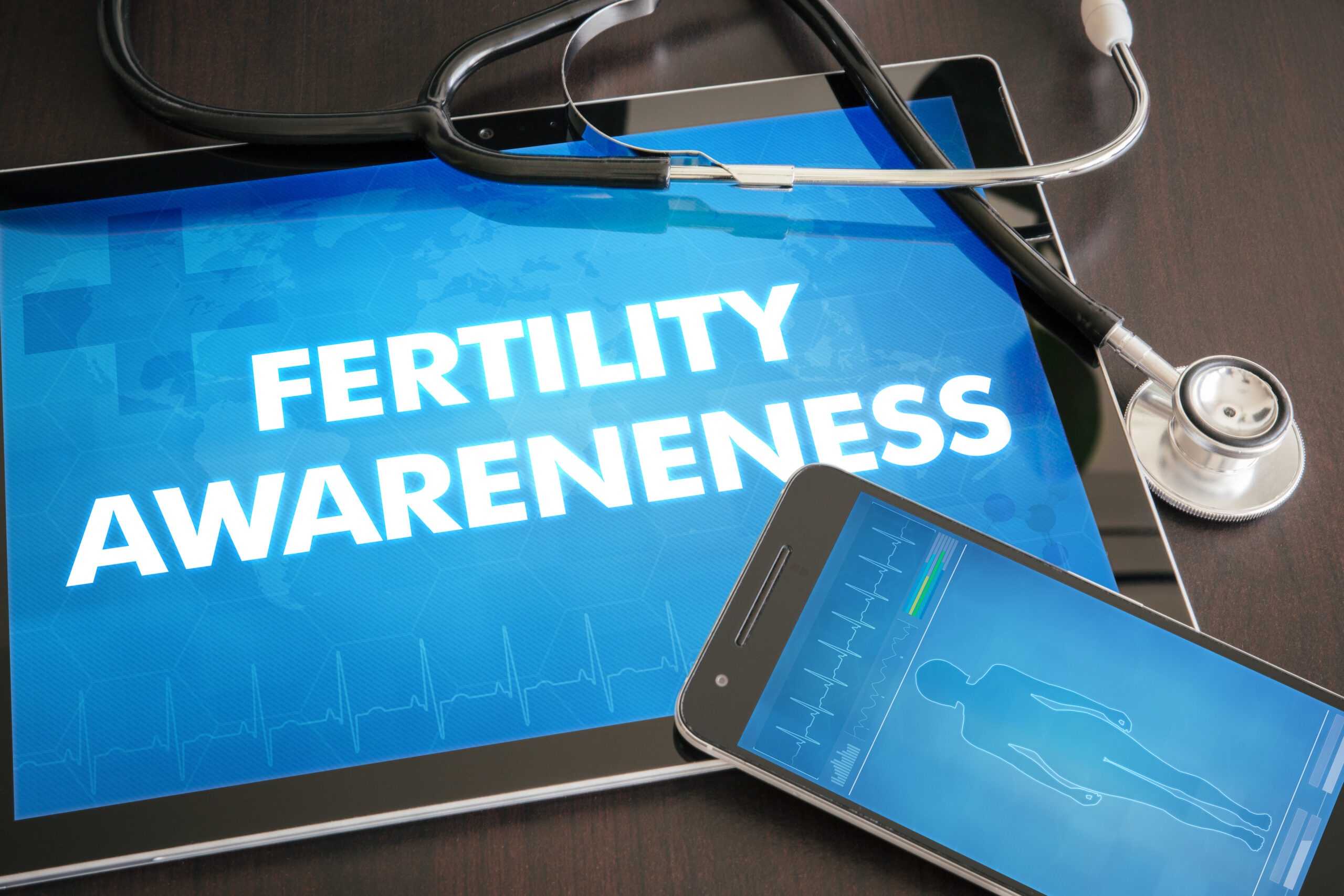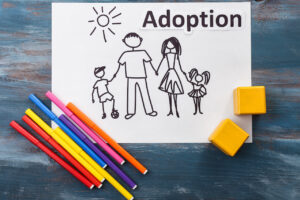How Does Celebrities Opening Up About Infertility Impact the Community?

Over the last few years, several celebrities have opened up about their fertility struggles. The likes of Tyra Banks, Celine Dion, Nicole Kidman, Gabrielle Union, Mariah Carey, and even Beyonce are among those who have shared their varied stories about infertility, going for IVF, having failed pregnancies or adopting children after years of trying. In 2018, Michelle Obama wrote candidly about her battle to conceive and going the IVF route in her memoir, Becoming. In 2019, the actress, Anne Hathaway, disclosed that she too had struggled and conceived the baby that she was pregnant with at the time via IVF. Last year, comedian and actress, Amy Schumer shared about secondary infertility, her IVF journey and what it was like coming out on the other side without a baby. Then, most recently, the celebrity couple, Chrissy Teigen and John Legend, announced the devastating news of their own pregnancy loss – news that was incredible sad to wake up to on the 1st of October, a day that marked the beginning of Pregnancy and Infant/Baby Loss Awareness month.
Teigen and Legend’s still very fresh loss led me to wonder what the impact of celebrities being transparent about their struggles and grief means for the rest of the infertility community.
What kind of impact does it have?
The general reaction to Teigen and Legend’s tragedy has been two-fold. On the one hand, I noticed a massive sense of empathy and solidarity. Thousands of people offered their sympathies and commended Teigen for her bravery in laying her loss bare. This was very true among women within the infertility community, especially those who’d been through the devastation of pregnancy loss themselves – people who naturally could relate to what the couple were going through. From the social media posts to various discussions I’ve engaged in, it was clear to me that many women felt that the couple’s transparency about their pregnancy complications and the loss placed a spotlight on the invisible struggle and grief that those within the community have endured in silence. Because of this some of us felt seen, heard and represented in some small way. The visibility and heightened awareness makes one feel less isolated and alone. People around us witnessed and hopefully also developed a better understanding of what it is like. It demands a level of sensitivity that isn’t always freely given to those facing fertility challenges or loss.
Sadly, Chrissy Teigen also received backlash from people who criticised her choice to publically share their loss in the way that she did. It was clear that there’s a notable percentage of our society that still treats infertility and pregnancy loss as a taboo subject, a disappointing view that continues to project both judgement and shame onto women who are actually in deep need of compassion. The desire to prescribe how someone expresses and processes their grief in the midst of a heart-wrenching experience is befuddling to me. More so, it raises the question – If 1 in 4 women experience a pregnancy loss (making it a fairly common reality) why is it treated as an inconvenient occurrence that is shrouded in shame?
Actress, Kate Beckinsale spoke up in defence of Teigen, saying:
“I’ve noticed people criticizing [Chrissy Teigen] for sharing deeply intimate photos of the loss of her baby. As if there’s some protocol during soul-scouring calamity that, if not observed, emboldens people who do not know her or her family to say how she should be handling the unimaginable.”
Beckinsale went on to say: “Years ago, I lost a baby at 20 weeks. I had managed to keep my pregnancy quiet and I absolutely collapsed inside and no one would have known.”
The sentiment and personal experience Beckinsale described is common for many women in this position. Unfortunately, we tend to keep things in neat and tidy boxes. So there is a tendency to shy away from anything that makes us uncomfortable. Someone else’s grief or struggle becomes inconvenient. As a result, they go through something extremely traumatic completely alone, and this is something that needs to change.
Over the last couple of weeks, this particular incident brought a few things to light for me. For one, when celebrities are open about infertility, they help to raise awareness and normalise the experience. It doesn’t feel like a faraway out there thing anymore. We start to understand that infertility can affect anyone. It educates and informs people. It facilitates important discussions, especially at a time where infertility appears to be a growing problem. The more we embrace and talk about it, the less isolated women experiencing infertility feel. With openness, the stigma and shame fall away so that those who struggle to conceive have access to the fertility support that they need. When there is a stigma or things are not talked about, couples often wait longer than they should before exploring assisted fertility options, or sometimes may not even realise that they have options. When we don’t facilitate meaningful discussions, a woman doesn’t know how to process her loss, and ultimately becomes disenfranchised in her grief without access to the emotional support she may need. The sooner these barriers fall away, the more able we are to create supportive structures and communities that nurture and service the needs of couples dealing with infertility and loss.



